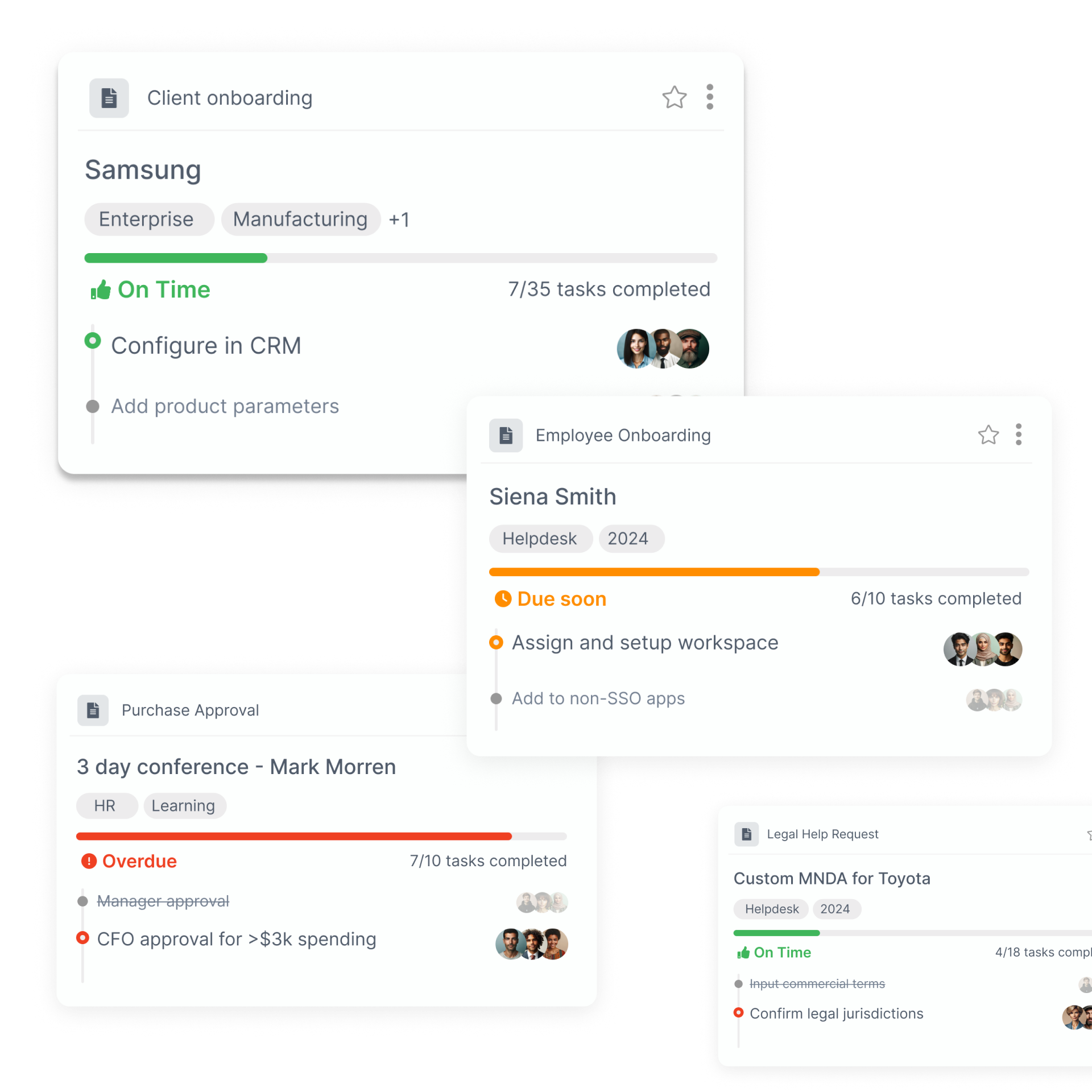With so many functions to perform, businesses often find themselves working outside their areas of core competency. This is true of both small and large firms, and even the biggest businesses often find that they can realize cost savings through outsourcing. Offshore outsourcing has proved to be controversial, but that doesn’t preclude outsourcing altogether. Onshore outsourcing provides an alternative.
By definition, onshore outsourcing is when you contract other firms or individual freelancers based in the same country as you.
Both onshore and offshore outsourcing have their own set of advantages and disadvantages, but onshore outsourcing overcomes many of the drawbacks of offshoring tasks.
9 Reasons to Choose Onshore Outsourcing
While offshore outsourcing is significantly more popular than onshore, it doesn’t come without several disadvantages. In some cases, onshore might actually end up better for your business – in terms of both the price & what you get from it.
Consider this list of onshore outsourcing advantages before making a final judgment call.
What is Tallyfy?
Tallyfy helps you document and automate tasks between co-workers and clients
Click here to learn about TallyfyEase of Communication
While language differences are among the most obvious obstacles to good communication when you deal with contractors from other countries, time zone differences should also be taken into account. When you outsource locally, you’re benefiting from…
- Language Fluency – Any business function that requires the contractor to be fluent in the native language. Functions such as Sales, customer support, or marketing can be done better by a native speaker.
- Local Connections – Some jobs require the company to be based locally. Think, PR agencies – they tend to have connections with the media companies only in their respective countries.
- Time Zones – Working with an overseas company means that you’ll have to keep the time zone difference in consideration at all times. So let’s say there’s an emergency that needs to be solved ASAP – the offshore firm you’re contracting might have a significantly slower response time.
A Greater Level of Control, Responsiveness, and Reliability
When you outsource locally, issues like quality control are easier to handle. And if you need to train or onboard your supplier or service provider to work in a certain way, you can extend an invitation that allows for personal meetings, physical demonstrations, and an improved understanding of what’s required.
Geographical distance poses other problems. For example, if semi-processed or processed materials are delivered from another country, you will have a long wait between dispatch and arrival times unless you use air freight options – and air freight of bulk materials is a costly business.
Finally, there might be issues with reliability that are not your outsourced suppliers’ fault – for example, a shipping company could let them down or infrastructure problems you don’t have locally could affect efficiency.
Fewer Cultural Differences
Cultural differences can become greater obstacles than you expected. For example, onshore businesses will share the same holidays as you do, while offshore ones may be taking the day off just when you need their services most.
There are also differences in the approach to work and business when you work with offshore contractors. As a case in point: Americans may be very direct in communicating any shortcomings, while in China, such directness would be considered rude.
By the same token, some cultures may regard giving suggestions and ideas as being a breach of etiquette – an implicit criticism of your business. If you are from a Western culture, however, you welcome feedback and ideas that can result in a better final product. Input form specialist companies can help you to get better results faster with fewer false-starts and less need to adjust specifications.
Locally Appropriate Skill Sets
When you outsource within your own country, you know that the people who will be helping you with tasks have a specific set of skills that is defined in accordance with local conditions. Let’s say you’re looking to outsource certain HR tasks: only professionals who work within your country will be as intimately acquainted with local labor laws as you would like them to be.
In other fields, you might experience a similar situation. You can be fairly confident about understanding the standard of local qualifications, but what does it take to get a similar-sounding qualification elsewhere in the world? The required knowledge-base in another country may differ in content, standard, or both.
They Know Your Market
When you outsource things like customer service or marketing tasks, you need to work with firms that will understand your clients and their needs. Without this knowledge, well-intentioned efforts may fall flat. Since your outsourced market-faced communications will reflect your company’s image, any resulting frustration reflects on your business.
Respect for Intellectual Property
Protecting your intellectual property and ensuring that your company has a reputation for honest dealings with regard to others’ intellectual property will be a priority for you. Naturally, you don’t want your unique ideas being freely disseminated elsewhere, and you certainly don’t want lawsuits for copyright or patent infringements. Most local businesses you outsource to will be careful not to do this – but companies or individuals from other countries may not be as scrupulous.
Onshore Outsourcing Might End up Costing Less
The lure of lower costs is one of the big reasons why companies choose offshore outsourcing. But is it really cheaper? Take into account all the drawbacks we’ve already discussed, and it might not prove to be that way in practice. What if you need to straighten out a problem in person? An onshore supplier or service provider is easy to meet with, but traveling halfway around the world will be expensive, both in travel costs and lost time.
Political and Financial Stability
No matter whether you choose to work locally or offshore, there’ll be a supplier onboarding process and a learning curve in which your service provider gets to know how you’d like them to work. When you change suppliers, the whole process must be repeated.
It is therefore in your interests to work with stable businesses. But when the political and economical environment in which it operates is unstable, you may find that you’re left high and dry because your supplier can no longer operate as it did before or has to close its doors.
Patriotism Gives You Marketing Advantages
Being able to market yourself as 100% local is a selling point you shouldn’t overlook. The garment industry provides an example. While businesses in the Far East may be able to manufacture clothing more cheaply, consumers are aware of labor injustices and unsafe working practices that are common in countries like Bangladesh. If something like this comes to light, your company’s reputation suffers untold damage and consumers may even boycott your products.
In addition, there’s the job-creation issue. Creating local jobs certainly earns you goodwill, and it’s more than just a political issue. Some consumers will specifically seek out locally-made items and are willing to pay more for them.
Tracking Outsourced Work
Whether you choose onshore or offshore outsourcing, you’ll need to figure out a way to effectively track contractor work. While this is easier with an onshore company (you can always call or drop by the office), it’s not really that effective. Any contracting company might show or tell you one thing, and then do something completely different – and you won’t even know until it’s too late.
To have a clear idea of the work your contractors do, you can employ workflow management software. This allows you to communicate in real-time with the company, as well as track all of their tasks and processes. This way, whether you’re doing onshore or offshore, you always know you’re paying the contractor for.

